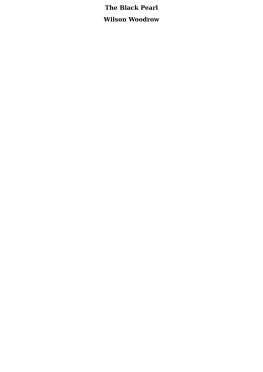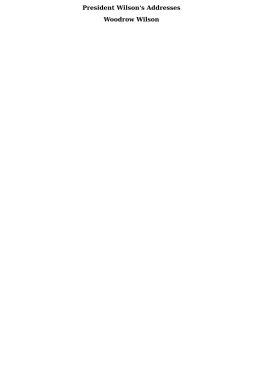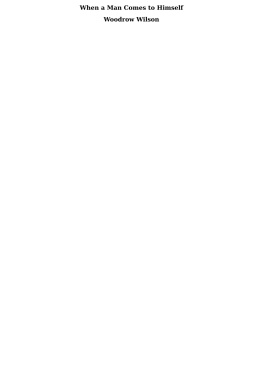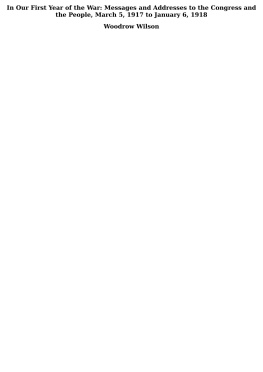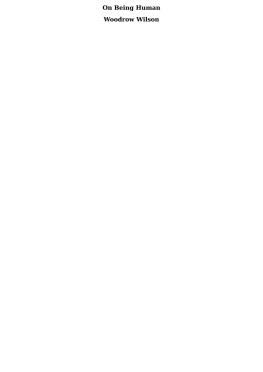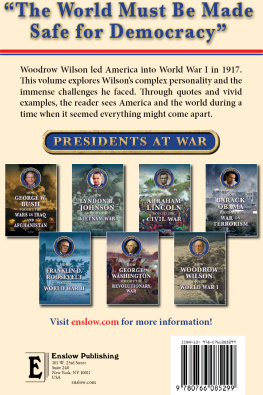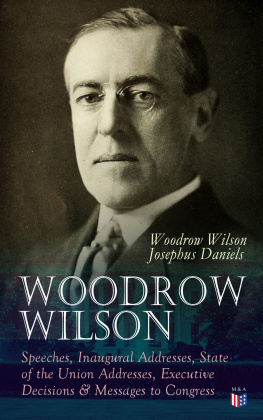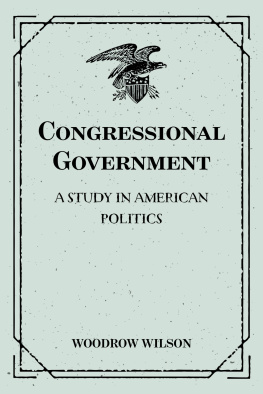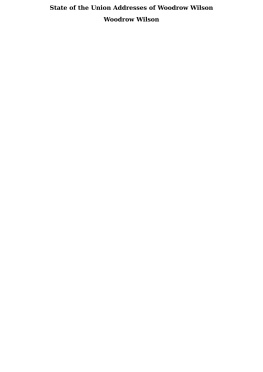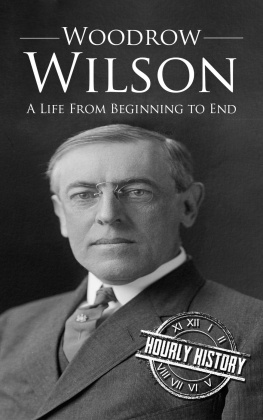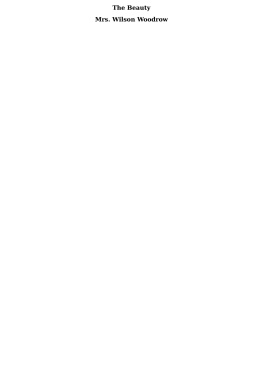Spotlight
Spotlight Books
57 Gloucester Road
CLAPHAM
MK41 6ZS
With honour of the Liam Patel
Online publishing centre.
Published in the UK by Spotlight Books, Clapham.
Spotlight Books 2020
The moral rights of the authors have been asserted
Database right Spotlight Books.
This book is located in the public domain.
All rights reserved. No part of this publication may be reproduced, stored in a retrieval system, or transmitted, in any form or by any means, without the prior permission in writing of Spotlight Books, or as expressly permitted by law, or under terms agreed with the appropriate reprographics rights organization. Enquiries concerning reproduction outside the scope of the above should be sent to the Rights Department, Spotlight Books, at the address above. http://www.spotlightBooks.xyz
You may also visit our contact page for more information regarding supporting the project.
You must not circulate this book in any other binding or cover and you must impose the same condition on any acquirer.
Data available
Ebooked in the UK
ISBN 10: 599892242
ISBN 13: 9780599892248
PUBLISHERS NOTE
This book presents in convenient form the memorable messages to the Congress read by President Wilson in January, February, and April, 1917. They should be read together, for only in this way is it possible to appreciate both the forbearance and the logic of events reflected in these consecutive chapters of history. While the great war message of April 2d is obviously the most momentous, its full significance is not made clear unless it is read as the climax of the preceding messages and also in connection with the Presidents proclamation of a state of war on April 6th and his message to the American people of April 15th. While the approval of President Wilson was very naturally requested and obtained for the publication of these messages in collected form, the Publishers are responsible for the title and for captions. They have felt that they are rendering a service of permanent value by collecting and presenting these historic documents in the same form in which they have published President Wilsons When a Man Comes to Himself, On Being Human, and The President of the United States.
I
A WORLD LEAGUE FOR PEACE
Message to the Senate
January 22, 1917
Gentlemen of the Senate:
On the 18th of December last I addressed an identic note to the Governments of the nations now at war, requesting them to state, more definitely than they had yet been stated by either group of belligerents, the terms upon which they would deem it possible to make peace. I spoke on behalf of humanity and of the rights of all neutral nations like our own, many of whose most vital interests the war puts in constant jeopardy.
The Central Powers united in a reply which stated merely that they were ready to meet their antagonists in conference to discuss terms of peace.
ENTENTE REPLY WAS MORE DEFINITE
The Entente Powers have replied much more definitely and have stated, in general terms, indeed, but with sufficient definiteness to imply details, the arrangements, guarantees, and acts of reparation which they deem to be the indispensable conditions of a satisfactory settlement.
We are that much nearer a definite discussion of the peace which shall end the present war. We are that much nearer the discussion of the international concert which must thereafter hold the world at peace.
In every discussion of the peace that must end this war it is taken for granted that that peace must be followed by some definite concert of power which will make it virtually impossible that any such catastrophe should ever overwhelm us again. Every lover of mankind, every sane and thoughtful man, must take that for granted.
I have sought this opportunity to address you because I thought that I owed it to you, as the council associated with me in the final determination of our international obligations, to disclose to you, without reserve, the thought and purpose that have been taking form in my mind in regard to the duty of our Government in these days to come when it will be necessary to lay afresh and upon a new plan the foundations of peace among the nations.
DECLARES PEACE IS NOT FAR OFF
It is inconceivable that the people of the United States should play no part in that great enterprise. To take part in such a service will be the opportunity for which they have sought to prepare themselves by the very principles and purposes of their polity and the approved practices of their Government, ever since the days when they set up a new nation in the high and honorable hope that it might in all that it was and did show mankind the way to liberty.
They cannot, in honor, withhold the service to which they are now about to be challenged. They do not wish to withhold it. But they owe it to themselves and to the other nations of the world to state the conditions under which they will feel free to render it. That service is nothing less than thisto add their authority and their power to the authority and force of other nations to guarantee peace and justice throughout the world. Such a settlement cannot now be long postponed. It is right that before it comes this Government should frankly formulate the conditions upon which it would feel justified in asking our people to approve its formal and solemn adherence to a league for peace. I am here to attempt to state those conditions.
MUST NOT SERVE SELFISH AIMS
The present war must first be ended; but we owe it to candor and to a just regard for the opinion of mankind to say that so far as our participation in guarantees of future peace is concerned it makes a great deal of difference in what way and upon what terms it is ended. The treaties and agreements which bring it to an end must embody terms which will create a peace that is worth guaranteeing and preserving, a peace that will win the approval of mankind; not merely a peace that will serve the several interests and immediate aims of the nations engaged.
We shall have no voice in determining what those terms shall be, but we shall, I feel sure, have a voice in determining whether they shall be made lasting or not by the guarantees of a universal covenant, and our judgment upon what is fundamental and essential as a condition precedent to permanency should be spoken now, not afterward, when it may be too late.
No covenant of co-operative peace that does not include the peoples of the New World can suffice to keep the future safe against war, and yet there is only one sort of peace that the peoples of America could join in guaranteeing.
The elements of that peace must be elements that engage the confidence and satisfy the principles of the American Governments, elements consistent with their political faith and the practical convictions which the peoples of America have once for all embraced and undertaken to defend.
WORLD ALLIANCE IS NECESSARY
I do not mean to say that any American Government would throw any obstacle in the way of any terms of peace the Governments now at war might agree upon, or seek to upset them when made, whatever they might be. I only take it for granted that mere terms of peace between the belligerents will not satisfy even the belligerents themselves.
Mere agreements may not make peace secure. It will be absolutely necessary that a force be created as a guarantor of the permanency of the settlement so much greater than the force of any nation now engaged in any alliance hitherto formed or projected that no nation, no probable combination of nations, could face or withstand it.


